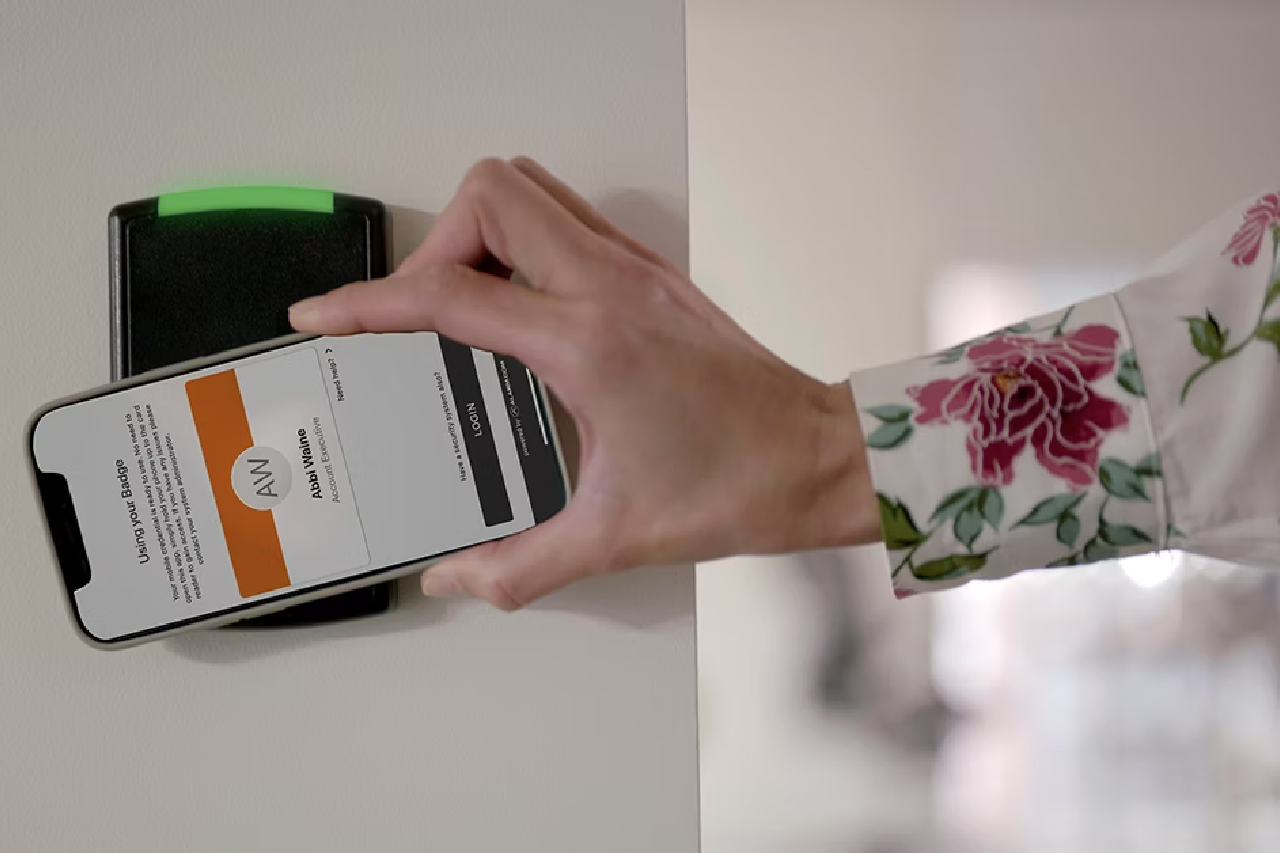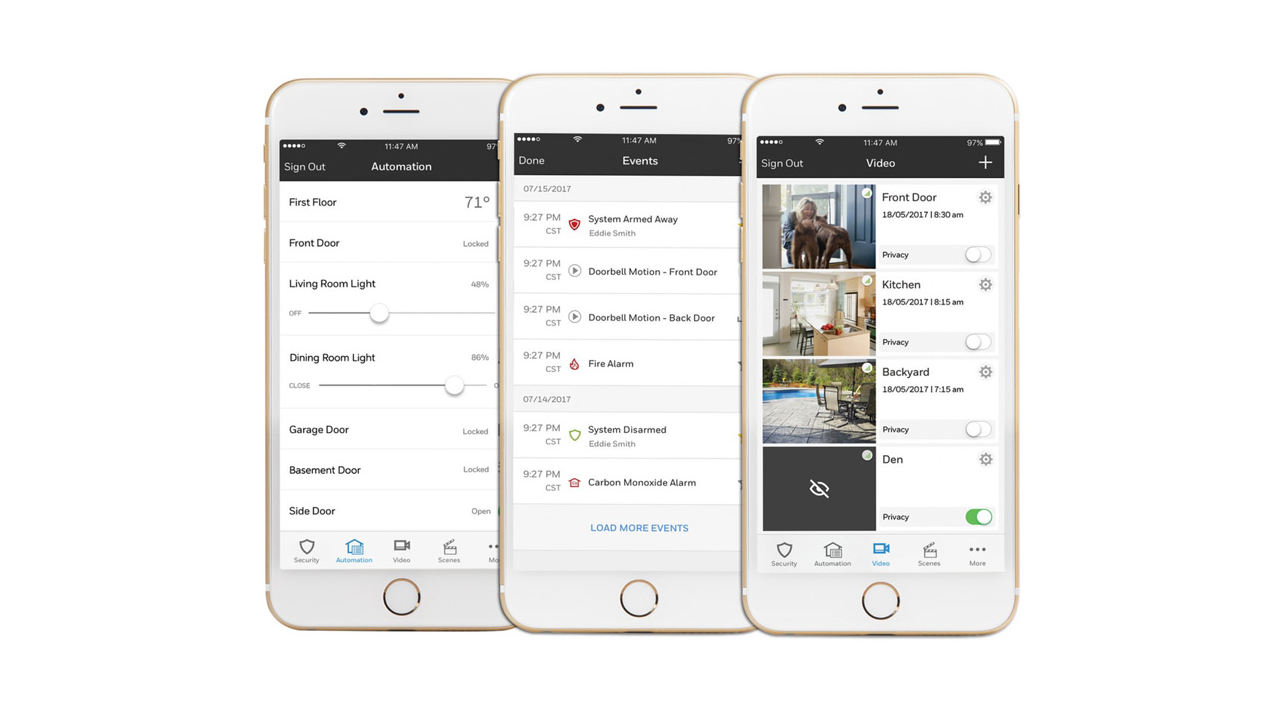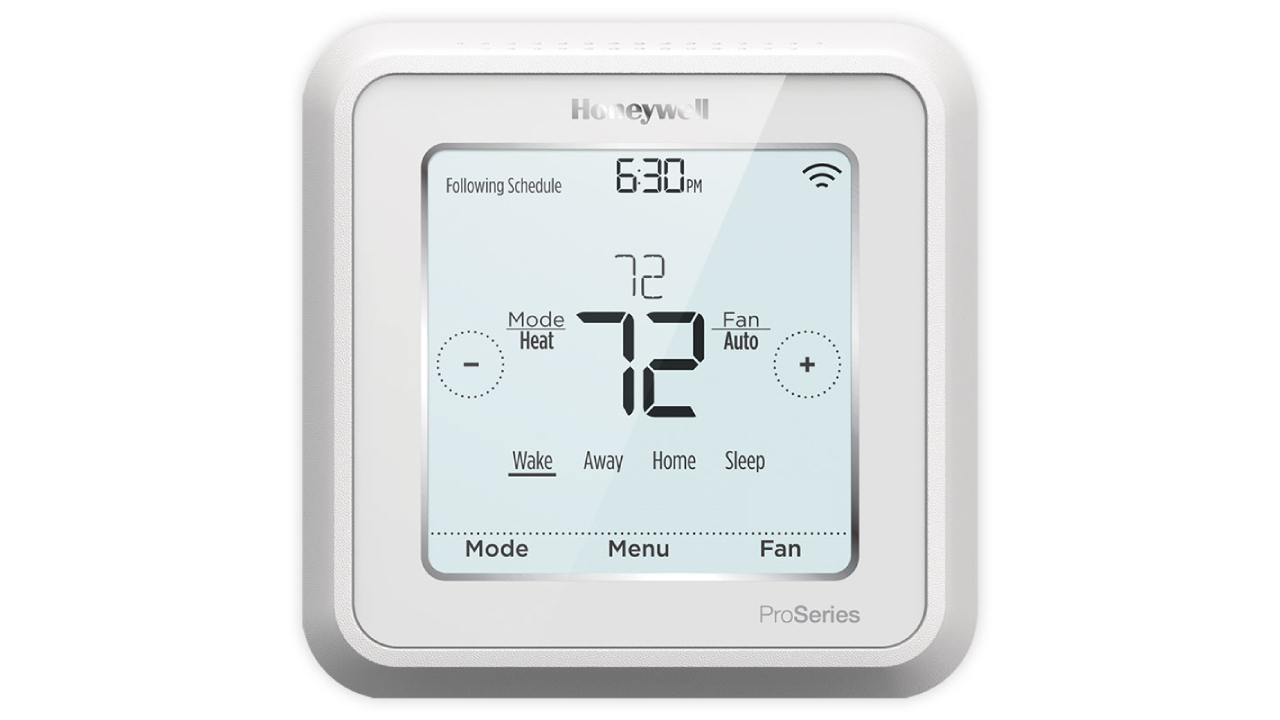Last Updated on October 3, 2023 by Alarm New England
In an era of heightened security concerns and technological advancements, healthcare facilities are increasingly turning to biometric access solutions to safeguard their premises, patients, and sensitive data. Biometric authentication, which relies on unique physical or behavioral characteristics to verify individual identities, offers a robust and reliable security option for healthcare organizations. In this article, we will explore the various applications of biometric access solutions in healthcare facilities and the benefits they bring to the industry.
The Need for Enhanced Security in Healthcare
The healthcare industry faces unique security challenges due to the sensitive nature of patient information, the potential for medical identity theft, and the need to protect against unauthorized access to restricted areas within healthcare facilities. Traditional access control methods like keys, access cards, and PIN codes have proven to be vulnerable to security breaches and unauthorized access. Biometric access solutions offer a more secure and convenient alternative.
Applications of Biometric Access Solutions in Healthcare
Patient Identification:
Biometric authentication can be used for accurate patient identification at registration desks, ensuring that patient records are correctly linked to their unique biometric markers. This reduces the risk of medical errors, such as administering the wrong treatment or medication.
Controlled Access to Restricted Areas:
Healthcare facilities often have restricted areas, such as laboratories, pharmacies, and operating rooms. Biometric access solutions can be used to limit entry to authorized personnel only, reducing the risk of theft, contamination, and unauthorized access.
Medication Dispensing:
Biometric authentication can be integrated into automated medication dispensing systems to ensure that only authorized healthcare providers can access and dispense medication. This prevents medication errors and theft.
Electronic Health Records (EHR) Access:
Biometric authentication provides a secure means for healthcare professionals to access electronic health records. This helps protect patient confidentiality and ensures that only authorized personnel can view and update patient data.
Benefits of Biometric Access Solutions in Healthcare
High-traffic areas like healthcare facilities can benefit from the implementation of an access control system. Several of the most common benefits are listed below:
Enhanced Security:
Biometric authentication is highly secure, as it relies on unique physiological or behavioral traits that are difficult to replicate. This reduces the risk of unauthorized access and data breaches.
Accuracy in Patient Identification:
Biometric access solutions ensure accurate patient identification, reducing the chances of medical errors and improving patient safety.
Convenience:
Biometrics eliminate the need for physical keys or access cards, making it more convenient for healthcare staff to access restricted areas or systems quickly and securely.
Patient Trust:
Implementing biometric access solutions can enhance patient trust by demonstrating a commitment to safeguarding their sensitive information and ensuring their safety within the healthcare facility.
Challenges and Considerations
While biometric access solutions offer numerous advantages, healthcare organizations must also consider potential challenges and privacy concerns. Some key considerations include:
Privacy and Consent:
Healthcare facilities must obtain patient consent before collecting and using biometric data. Clear policies and procedures for data handling and retention are essential to address privacy concerns.
Technical Challenges:
Biometric systems may encounter technical issues, such as false positives or false negatives. Regular maintenance and system updates are necessary to ensure reliability.
Integration:
Healthcare facilities should carefully plan the integration of biometric access solutions with existing systems and workflows to avoid disruptions and ensure seamless operations.
Compliance:
Healthcare organizations must comply with relevant data protection regulations, such as HIPAA in the United States or GDPR in Europe, when implementing biometric access solutions.
Reinforcing Healthcare Security with Biometric Access Solutions
Biometric access solutions are becoming an indispensable tool for healthcare facilities seeking to enhance security, improve patient identification, and streamline access control processes. The adoption of biometrics not only bolsters security but also enhances patient safety, trust, and overall operational efficiency.
As technology continues to advance, healthcare organizations must stay vigilant in implementing and maintaining biometric access solutions that prioritize both security and privacy. By doing so, they can protect patient data, reduce the risk of medical errors, and ensure a safer and more secure environment for patients and healthcare professionals alike.






